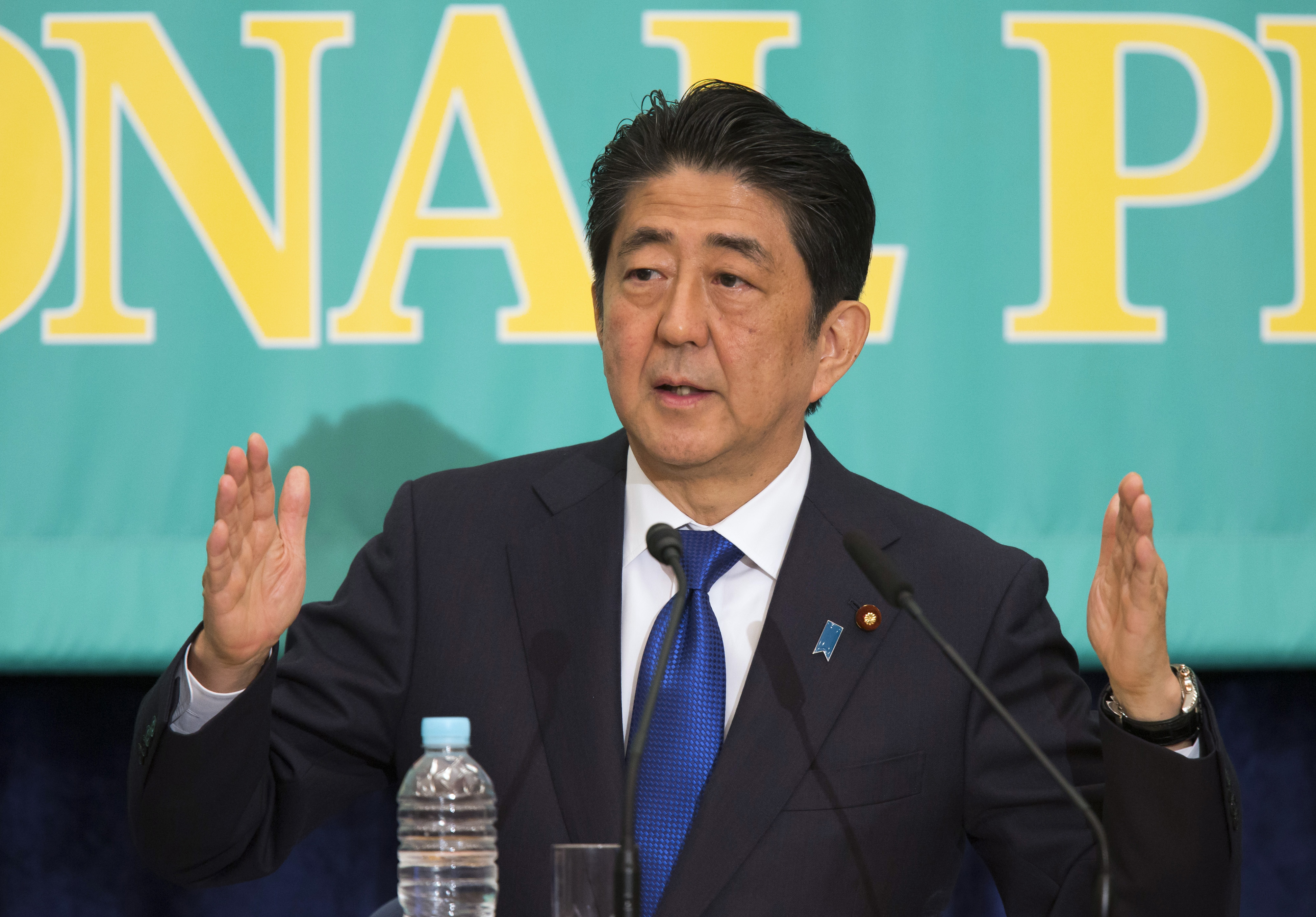In his campaign for the upcoming Upper House elections, Prime Minister Shinzo Abe is pussyfooting around his plans to revise the Constitution. He is keeping his cards close to his chest because polls have shown that voters oppose constitutional change. Instead, Abe is calling on voters to keep the faith with Abenomics, despite widespread consensus that it has been a dismal flop and has failed to revive the Japanese economy or improve household welfare.
The cat is well and truly out of the bag regarding this failure — on June 27, NHK announced that only 6 percent of voters polled think Abenomics is working well while only 26 percent favor constitutional revisions, and only 11 percent think it a priority. Even two-thirds of newbie voters aged 18-19 know Abenomics is a no-hoper according to a Kyodo poll taken in June. It gets worse: 70 percent of women voters in this cohort don't expect much from Abenomics, taking the shine off his "womenomics" grandstanding. The good news for Abe is that these young voters are only marginally more interested in the elections than other voters, with just 56 percent expressing an intention to vote. So much for an enthusiastic response from the newly enfranchised!
Apparently Abe's campaign strategy is based on trying to keep the voter-participation rate low, and on that score he has a good track record, driving it down to just over 50 percent in the last election in 2014. The reason he doesn't want to upset the applecart of apathy is that low turnout gives the Liberal Democratic Party an advantage: His core constituencies turn out to vote and will do so again in large numbers now that they smell blood, in the form of the prospects of a two-thirds majority in both houses and the possibility of constitutional revision. The fact that almost half of all eligible voters don't vote means that Abe's LDP has been winning elections with less than 25 percent of the potential vote.

















With your current subscription plan you can comment on stories. However, before writing your first comment, please create a display name in the Profile section of your subscriber account page.